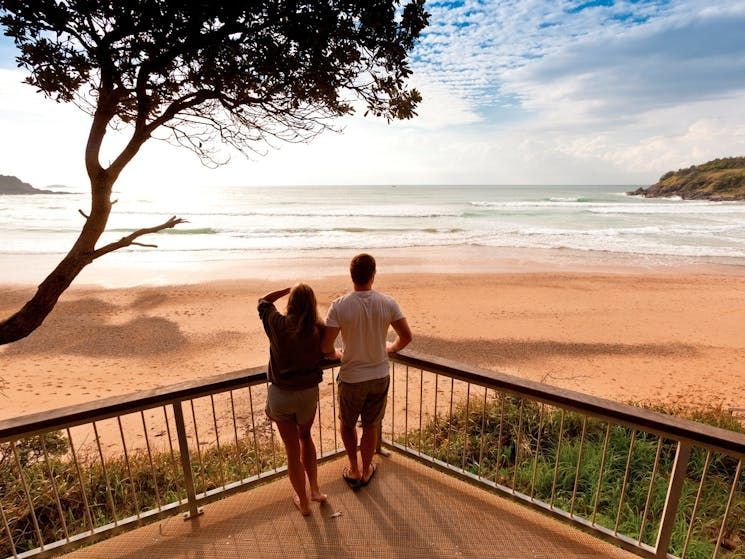Eye spy something starting with WHALE!
August marks the halfway point of this year’s Humpback whale migration for 2020, and we have put together a helpful guide to make the most out of a day out spend whale watching with the kids. While getting out and about with your ankle biters can be a fun way to spend a day of the school holidays, there are sure to plenty of questions while waiting to (hopefully) spot a whale! We’ve put together some tips to make sure you have the best opportunity of sighting one of these magical animals in the wild directly from the coastline of Muttonbird Island.
- With binoculars look to the viewing platform on top of Muttonbird Island. There may be people up there who have spotted whales and will be pointing out to sea.
- Listen for the Whale Bell at The Observatory. When whales are sighted, we will ring!
- Watch the whale watching boats leaving harbour, they will go straight to where the whales are clustered.
- Visit wildaboutwhales.com.au to view recent sightings.
- Each year whales migrate along the NSW coastline heading north to the warm coastal waters of the Coral Sea to mate and give birth from late April to August returning southward from September to November.
- Book a room at The Observatory with an ocean facing view, you’ll be able to watch out for Humpbacks while you enjoy a morning or afternoon coffee from the comfort of your own private balcony!
- The most common and easiest to spot is the Humpback.
- From a series of blows, migrating whales can then submerge anything from a few minutes to 15 minutes.
- Experienced whale watchers note the arch on a whales back, if they have only a small arch on their back on their last dive they are not diving deep and will surface again shortly. If they have a significant arch they are about to dive deep and wont surface for some time.
So, you (finally) spotted one…Yahoo! Now what to do?
If you spot whales breaching (putting on a good display and not just travelling through) please call reception on 9 and they will ring the Whale Bell alerting other guests to be on the lookout.
Not only will you have a story to talk all over the town about but you can log your sighting on the Wild About Whales app! Logging your sighting into the app will be a buzz for the kids knowing their sighting is helping others see these magical creatures for themselves and helping researchers track the migration of this incredible species.



